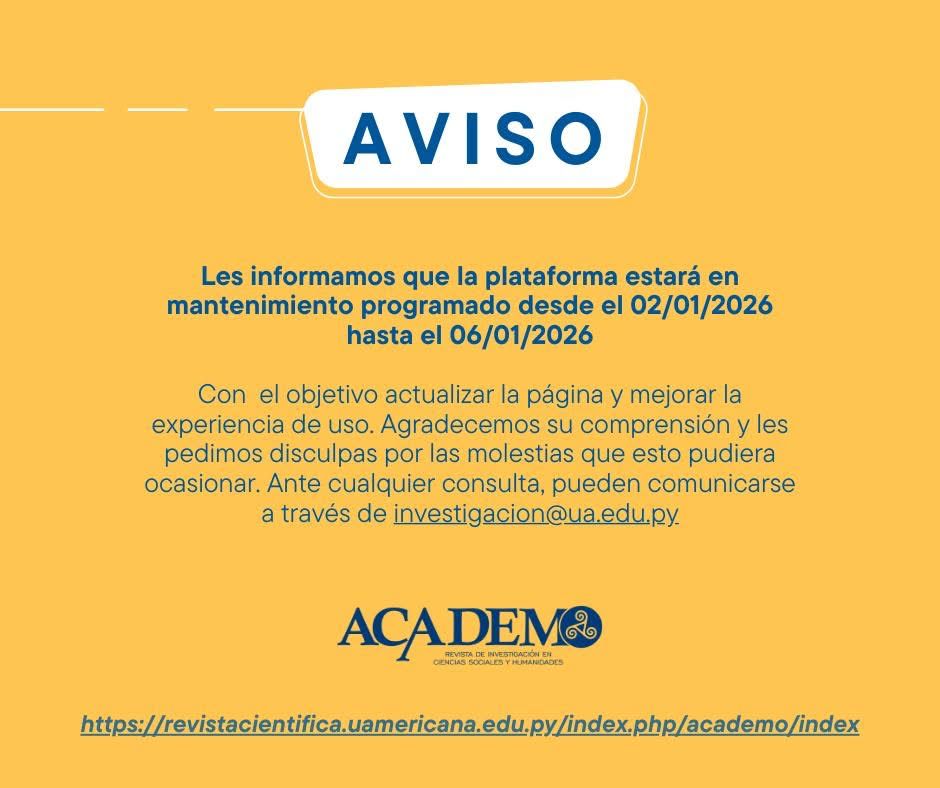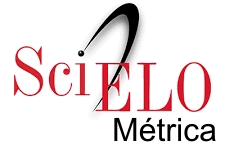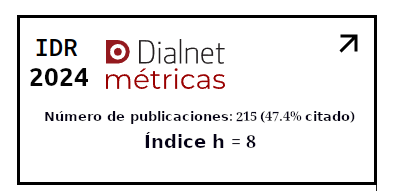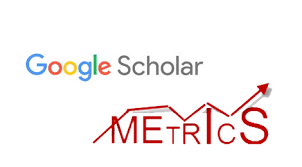The influence of educational innovation using PBL methodologies in the institutional culture of the postgraduate programs of three Paraguayan universities
Keywords:
Pedagogical innovation, PBL learning strategies, management of educational change, postgraduate university degrees, multiple case studiesAbstract
This multiple case study describes how the institutional and personal culture of the actors involved in the processes and dimensions of educational innovation influence the incorporation of Problem-Based Learning and Project-Based Learning strategies, in 3 Paraguayan universities during the period 2017 to 2020. The dimensions studied are: Origin of innovations, People's leadership, Phases and strategies of the process, Values of those involved, Resistance and obstacles to change, Impact and Financing of the innovation process; and the emerging cultural systemic from the pedagogical perspective. The referential framework has been built from the concepts of Hargreaves, Fullan, Ausubel, Vygotsky, Carbonell and others. The multiple case study method has been used, according to the guidelines established by Robert Yin and Robert Stake. The results indicate that organizational culture is a great conditioning factor of innovation processes, that some teachers are the origin and leaders of change processes, with great commitment and overcoming institutional resistance, students, managers and the teachers Council. It is concluded that the institutions do not consider innovation as a strategic asset, acting reactively to changes and that the institutional culture does not provide the right environment for the implementation of innovations, which is why they are emerging and endogenous. It is recommended that institutions incorporate innovation processes into strategic, development and improvement plans, also generating internal and permanent spaces for training and support for innovation.
Downloads
References
Aguilar, J., (coord.). (2008). La gestión del cambio. Barcelona, España: Aries.
Álvarez, A., y Del Rio, P. (2010). Educación y desarrollo: La teoría de Vigotsky y la zona de desarrollo próximo. Madrid, España: Alianza Editorial.
Ausubel, D. P. (1976). Psicología educativa: Un punto de vista cognoscitivo. México. Editorial Trillas.
Bernabeu Tamayo, M. D. (2013). Innovación curricular con el aprendizaje basado en problema en estudios universitarios: estudio de caso. Docencia e Investigación. https://ddd.uab.cat/record/148737
Branda, L. (2001). Aprendizaje basado en problemas, centrado en el estudiante, orientado a la comunidad. Universidad de Buenos Aires, OPS. Recuperado de http://www.rlillo.educsalud.cl/Capacitacion_ABP/ABP%20centrado%20en%20el%20estudiante.pdf
Carbonell, J. (2001). La aventura de innovar: El cambio en la escuela. Madrid, España: Editorial Morata.
Fullan, M. (2008). Los nuevos significados del cambio en la educación. Barcelona, España: Octaedro.
Hurtado de Barrera, J. (2000). Metodología de la investigación holística. Caracas, Venezuela: Editorial Sypal.
Hannan, A.; Silver, H. (2005). La innovación en la enseñanza superior: Enseñanza, aprendizaje y culturas institucionales. Madrid, España: Nancea.
Hargreaves, A., y Fink, D. (2006). Estrategias de cambio y mejora en educación caracterizadas por su relevancia, difusión y continuidad en el tiempo. Revista de Educación, 339(3), 43-58. Recuperado de https://www.educacionyfp.gob.es/dam/jcr:cb976c88-c8f1-4c1f-878e-95cfc2e60c27/re33904-pdf.pdf
Morin, E. (2010). Introducción al pensamiento complejo. Barcelona: Editorial Gedisa.
Stake, R. E. (2005). Investigación con estudio de casos. Madrid: Morata
Supercoloring. (2021). Supercoloring paint the world. Recuperado de http://www.supercoloring.com
Tomás, M. (2010). El cambio de cultura de las universidades catalanas al inicio del siglo XXI. Universidad de Oviedo.
Yin, R. K. (2003). Case study research: Design and methods. Oaks: Sage Publications Thousand.










